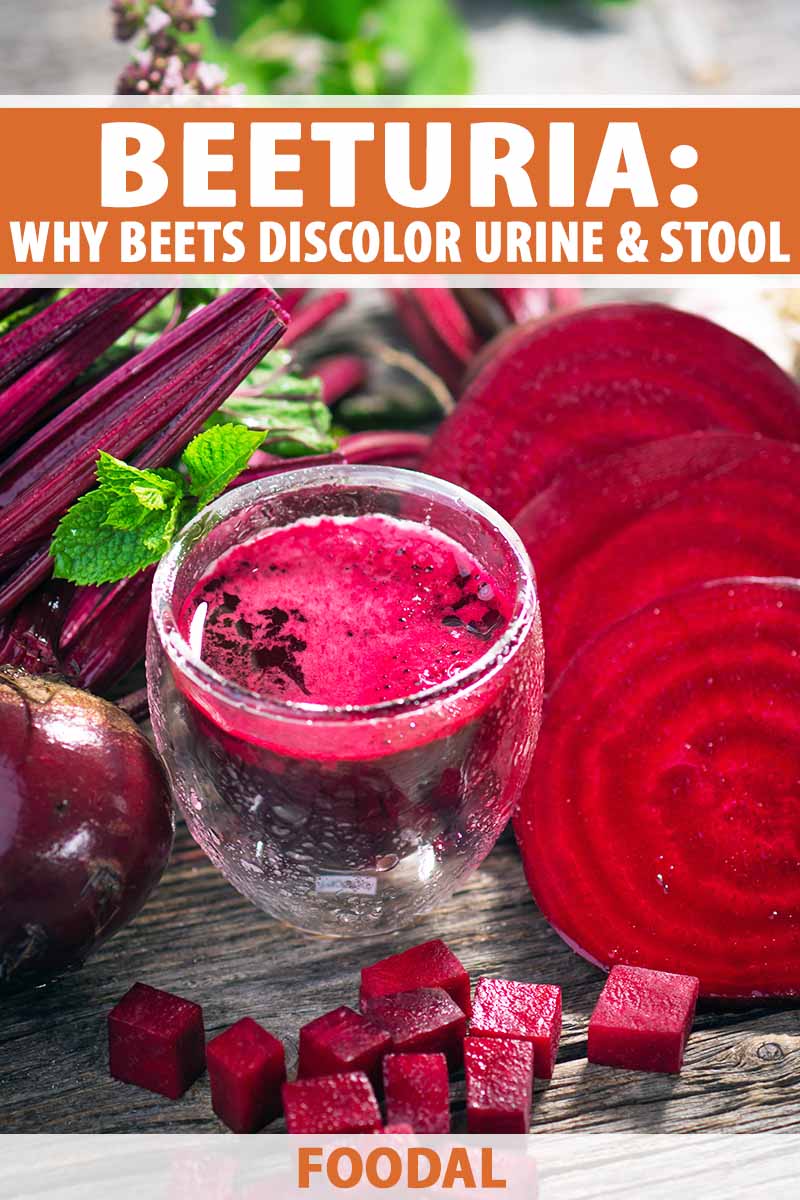Beeturia and Pink Urine After Beet Juice
Beeturia is a phenomenon that describes the passage of pink or red urine following the consumption of beet juice or beetroot-containing foods. This striking symptom raises curiosity and concern among those unfamiliar with its benign nature. Understanding why beeturia pink urine after beet juice occurs can empower individuals to interpret their body’s response and distinguish dietary effects from medical issues.

What Is Beeturia?
Beeturia is the medical term for a reddish or pink discoloration of urine after ingesting beets or beet juice. The color change is the result of beetroot pigments—mainly betalains—being excreted by the kidneys and mixing with urine.
-
Incidence: Beeturia affects roughly 10–14% of people, but prevalence can be higher depending on factors such as gut health, stomach acidity, and beetroot quantity consumed.
Why Does Beeturia Cause Pink Urine After Beet Juice?
The Role of Betalain Pigments
-
Beetroot contains pigments called betalains (betacyanins and betaxanthins) that give the vegetable its intense red color.
-
Most people metabolize these pigments before they reach the urine.
-
In beeturia, unmetabolized pigments are absorbed in the gut and excreted via urine, resulting in visible coloration.
Influencing Factors
-
Stomach Acidity: Lower stomach acid levels (hypochlorhydria) impede pigment breakdown, increasing risk.
-
Gut Health: Conditions affecting intestinal barrier or absorption (e.g., iron deficiency, malabsorption syndromes) facilitate pigment transit to urine.
-
Quantity Consumed: Larger beetroot or beet juice servings yield more pigment exposure.
-
Genetic Predisposition: Some people are naturally more prone due to their unique pigment metabolism.
Beeturia vs. Hematuria: Distinguishing the Causes
| Feature | Beeturia (beet juice) | Hematuria (medical) |
|---|---|---|
| Urine Color | Pink/red after beets | Red/brown, persistent |
| Symptoms | No pain/discomfort | May involve pain, fever |
| Duration | Temporary (<24–48 hrs) | May persist longer |
| Triggers | Beetroot intake | Infection, trauma, stone |
| Medical urgency | Benign, self-limiting | Requires evaluation |
Is Beeturia Harmful? Health Implications
-
Benign Nature: Beeturia is non-pathological, does not damage kidneys or urinary tract, and requires no treatment.
-
Iron Deficiency Link: Increased risk in those with iron-deficiency anemia. Consider serum iron assessment if beeturia occurs frequently.
-
Indicator of Gut Health: Persistent beeturia may signal altered gut metabolism or low gastric acid; discuss with a healthcare provider if other symptoms exist.
Diagnosing and Managing Beeturia
-
Self-Assessment: If pink urine appears exclusively after eating beetroot, beet juice, or pink-colored foods, beeturia is likely.
-
Duration: Typically resolves within 24–48 hours of last beetroot intake.
-
Medical Review: Consult a healthcare professional if pink urine occurs without dietary triggers, or if accompanied by pain, fever, or urinary changes.
Frequently Asked Questions About Beeturia Pink Urine After Beet Juice
Is beeturia dangerous?
No, it is a harmless effect of beetroot pigment excretion.
Will beeturia always happen after beet juice?
No, only a minority experience beeturia, depending on individual metabolism and health factors.
How long does pink urine last?
Usually less than 24–48 hours after the last beetroot or beet juice intake.
Can beeturia indicate a health problem?
Persistent beeturia may suggest low stomach acid or iron deficiency, warranting further investigation.
What Beeturia Pink Urine After Beet Juice Reveals
Beeturia is a benign, curiosity-inducing symptom caused by the excretion of betalain pigments in beetroot. It reflects individual differences in digestion and pigment metabolism, is not dangerous, and typically resolves quickly. Awareness of beeturia can prevent unnecessary concern and guide appropriate dietary and health responses.